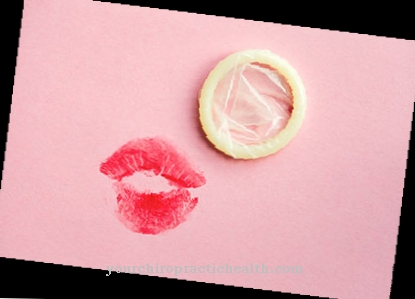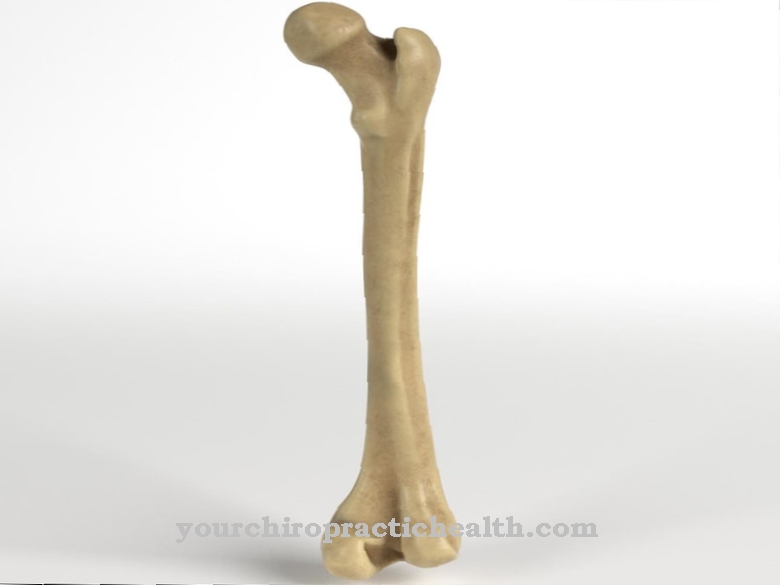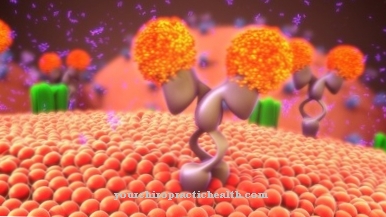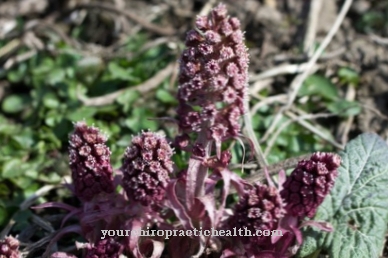The Bergamot belongs to the citrus plants. It is grown especially for its characteristic scent. Its essential oils are used as perfumes, for flavoring foods and in aromatherapy. Bergamot extract has recently also been available as a dietary supplement.
Occurrence and cultivation of bergamot

The exact origin of the Bergamot is unclear. Presumably it originated as a cross between citron lemon (cedar fruit) and bitter orange in the Orient and reached southern Europe during the Crusades. However, unlike the two genera of citrus from which it evolved, its fruit is not used as a fruit.
Bergamot trees can grow up to four meters tall. Typical are the irregular branch growth and the evergreen leaves, which are elongated and dark green in color. When the bergamot blooms in spring, it shows pure white flowers. Their fruits are round, sometimes pear-shaped, weigh around one hundred to two hundred grams with a diameter of five to seven centimeters and are lemon-yellow in color at harvest time (November to March).
The pulp of the bergamot is greenish and tastes strongly sour to slightly bitter. It is difficult to remove from the shell. The bergamot only thrives in warm areas. It is grown exclusively on a coastal strip in Calabria, the southernmost region of mainland Italy. The Italian city of Bergamo is considered to be the namesake of the rare fruit. However, there are also isolated specimens in other warm areas such as the Ivory Coast, Argentina or Brazil, and for decorative purposes in various orangeries and winter gardens.
Effect & application
The essential oil of bergamot is extracted from the peel of the unripe fruit by gentle cold pressing. It consists of terpenes such as linalool, which is also found in aromatic plants such as coriander, hops, nutmeg, ginger and cinnamon. It also contains nerol, which is responsible for the sweetish-fresh, rosy-citrus-like odor.
Limes provide the orange-like scent. In total, the essence of the oil contains over three hundred and fifty different flavors. This makes bergamot much more complex than many other natural fragrances. So it's no wonder that bergamot essential oil has been valued since the late seventeenth century. Here it was first used in perfume production. To this day, it provides the unmistakable smell of Eau de Cologne, which is said to refresh and invigorate body and mind.
Bergamot is also included as a top note in almost every other perfume. Bergamot oil is also used for flavoring in the kitchen. Bergamot is known as the aroma of Earl Gray tea. Pipe tobacco is also flavored with bergamot oil. The whole fruit is used to make a special bergamot jam. This tastes slightly bitter. The remains of the production can be used to distill schnapps and press juices.
Bergamot juice is currently very popular in haute cuisine, where it is used like lime juice. In Switzerland, chocolatiers make fine pralines with bergamot juice. A popular home remedy in the south used to be to mix a large amount of olive oil with a smaller amount of bergamot oil and to apply it to the skin as a tanning accelerator when sunbathing.
The furocoumarins contained in bergamot oil have a toxic effect in combination with the light of the sun, which is why the use of this home remedy is not recommended today. But modern cosmetics, such as natural deodorants or hair care products, also rely on bergamot oil. Since it increases the skin's sensitivity to light, it is advisable to avoid direct sun contact after use.
Importance for health, treatment & prevention
In aromatherapy, the essential oil of bergamot is mainly evaporated in the fragrance lamp. It is considered to be mood-enhancing, anxiolytic and relaxing, which is why it is used in people with nervous disorders such as depression or sleep disorders. They also benefit from massage treatments or relaxing baths with bergamot added. Since Bermuda oil also has an antiseptic and antiviral effect, it is also used to kill pathogens.
For example, it helps with fever, chills, sore throat and tonsillitis, but also with inflammation of the skin such as eczema or herpes. The skin-caring effect is based on the skin-cell-regenerating and building-up properties of bergamot oil. The antispasmodic properties of bergamot oil come into play in stomach ailments such as flatulence or intestinal colic, but also in women ailments such as menstrual cramps, as it is also considered to be hormone-regulating.
Bergamot oil also has a toning and strengthening effect, which is why it is also used against emaciation, exhaustion and springtime tiredness. It stimulates the appetite and promotes life energy. In traditional folk medicine in the Mediterranean countries, bergamot is used to prevent heart diseases. In 2013, a study that looked at bergamot as a natural cholesterol-lowering agent caused a stir.
The study submitted to the renowned International Journal of Cardiology for publication was able to prove that the administration of bergamot extract lowers the “bad” LDL cholesterol and at the same time improves the “good” HDL cholesterol. She also helped patients who are dependent on statins, which are rich in side effects, to reduce the statin dose.
Last but not least, it has been shown that bergamot can reduce the serum level of triglycerides and thus lower the blood sugar level. Science makes bitter substances such as naringin, enzymes such as hydroxymethylglutaryl, but also the various polyphenols and flavonoids of bergamot responsible for this cholesterol and triglycerol lowering effect. Presumably it is the special composition of the more than three hundred and fifty ingredients that give bergamot its medicinal properties.

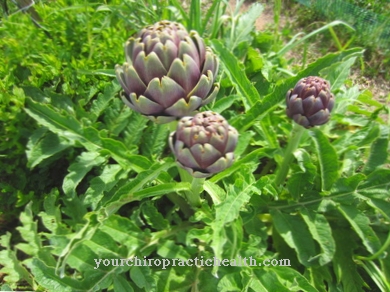
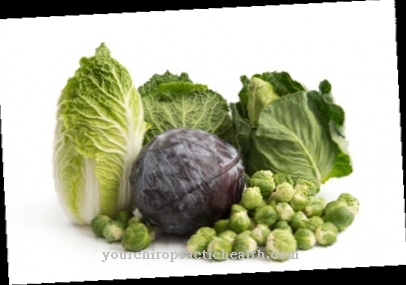
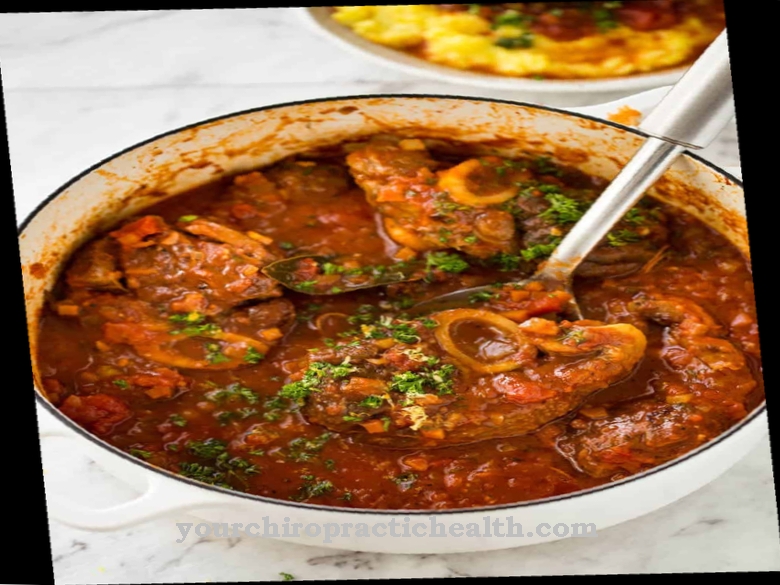
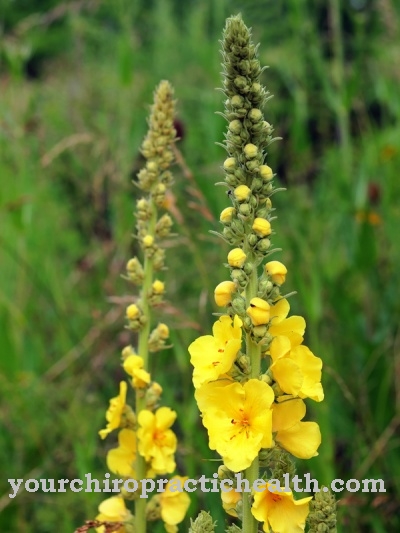
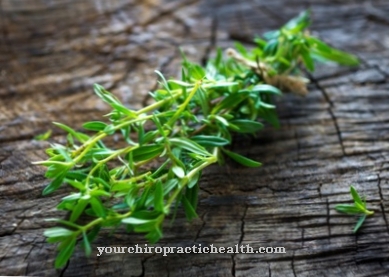
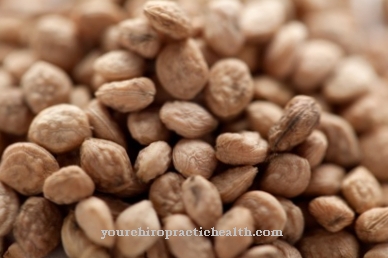

.jpg)
